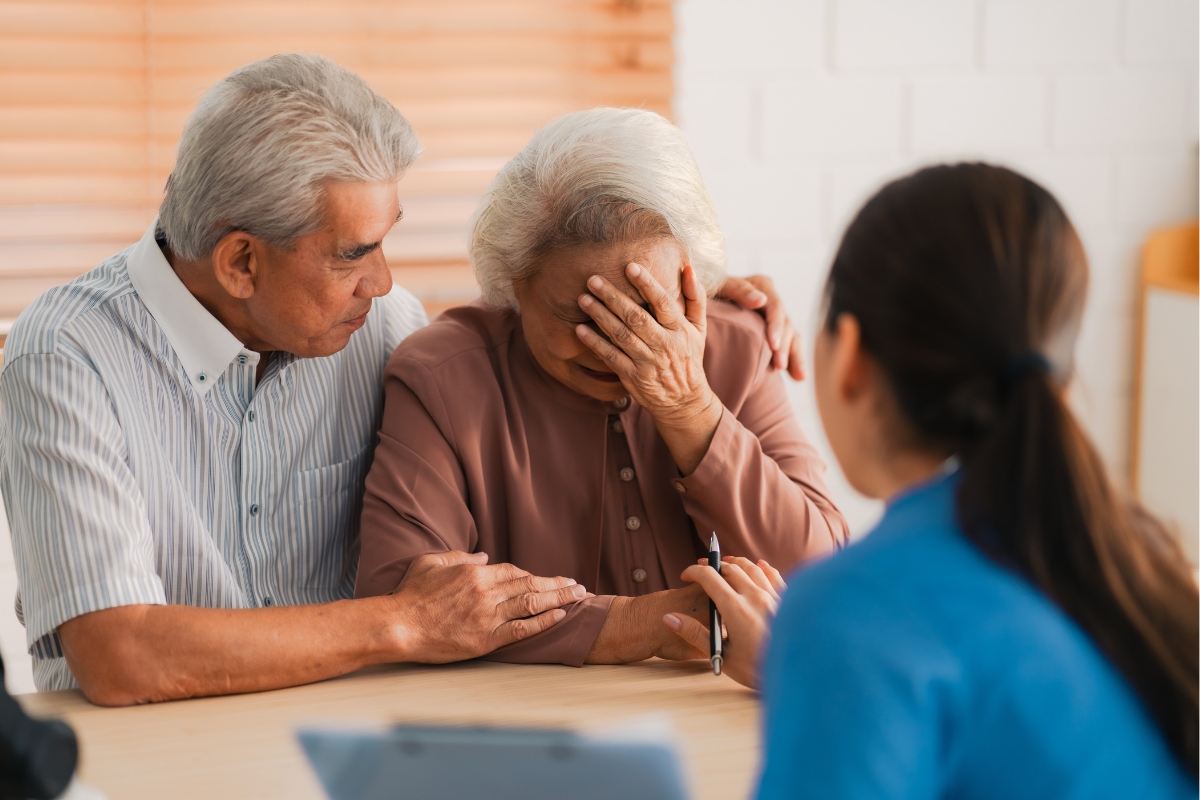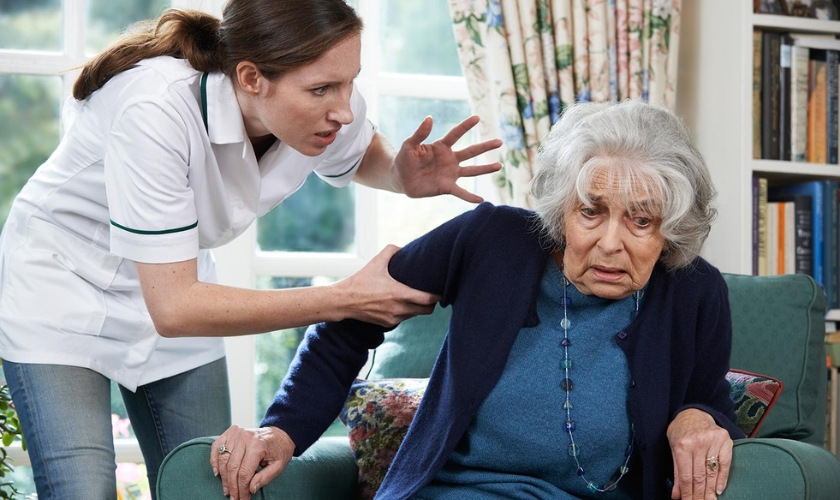
In the realm of elder care, nursing homes play a crucial role in providing assistance and support to elderly individuals who may require specialized care. However, instances of neglect and mistreatment in these facilities have become a growing concern. Families entrust the well-being of their loved ones to these establishments, only to discover cases of neglect, abuse, and inadequate care. In such distressing situations, seeking justice becomes paramount, necessitating the expertise of a nursing home abuse attorney.
The journey towards addressing nursing home neglect begins with understanding the signs and implications of such mistreatment. From physical indicators like unexplained injuries and malnutrition to emotional distress and social isolation, recognizing the red flags is vital. However, navigating the legal landscape surrounding nursing home neglect can be complex and daunting. This is where the guidance and advocacy of a skilled nursing home abuse attorney become invaluable. With their expertise, victims and their families can pursue justice and hold accountable those responsible for the negligence and mistreatment endured by vulnerable elders in nursing home facilities.
Signs of Nursing Home Neglect
Identifying signs of nursing home neglect is crucial for ensuring the well-being of elderly residents. From physical indicators to emotional distress, recognizing these signs empowers families to take necessary action and seek justice for their loved ones.
- Physical signs, including bedsores, unexplained bruises, weight loss, and poor hygiene, may indicate neglect of basic care needs.
- Malnutrition, dehydration, and untreated medical conditions are also common physical manifestations of neglect.
- Emotional signs such as depression, anxiety, withdrawal, and changes in behavior or mood can stem from emotional neglect or abuse.
- Social isolation, reluctance to speak in the presence of staff, and fear of reprisal are additional indicators of potential neglect.
Understanding and documenting these signs is essential for building a case against nursing home neglect and holding accountable those responsible for providing substandard care. By being vigilant and proactive in recognizing signs of neglect, families can take necessary legal action with the assistance of a qualified nursing home abuse attorney to protect their loved ones and prevent further harm.
Legal Rights of Nursing Home Residents
Understanding the legal rights of nursing home residents is paramount in addressing cases of neglect and ensuring accountability for substandard care. Here’s an overview:
- Residents’ rights: Nursing home residents have the right to dignity, privacy, autonomy, and freedom from abuse or neglect.
- Legal recourse: Victims of neglect have the right to seek compensation for damages, including medical expenses, pain and suffering, and emotional distress.
- Legal avenues: Neglect victims can pursue legal action through civil lawsuits or complaints to regulatory agencies.
- Role of attorneys: A competent attorney can advocate for residents’ rights, gather evidence, and navigate the legal process on behalf of neglect victims.
Steps to Take If You Suspect Neglect
When suspecting neglect in a nursing home, taking prompt and decisive action is crucial. Here are essential steps to consider:
- Documenting evidence: Keep detailed records of any signs of neglect observed, including photographs, medical reports, and witness statements.
- Seeking legal advice: Consult with a qualified nursing home abuse attorney to assess your legal options and rights.
- Reporting to authorities: File a complaint with the appropriate regulatory agencies, such as state health departments or long-term care ombudsmen.
- Ensuring resident safety: If immediate danger is suspected, ensure the safety of the residents by transferring them to a safer environment.
- Cooperating with investigations: Provide all relevant information and cooperate fully with any investigations conducted by regulatory agencies or law enforcement.
Holding Nursing Homes Accountable
When it comes to holding nursing homes accountable for neglect, several legal strategies can be pursued:
- Civil lawsuits: Victims of nursing home neglect can file civil lawsuits seeking compensation for damages, including medical expenses, pain and suffering, and punitive damages.
- Class-action lawsuits: In cases where multiple residents have suffered neglect, class-action lawsuits may be initiated to hold the nursing home accountable on behalf of all affected individuals.
- Regulatory complaints: Filing complaints with regulatory agencies can prompt investigations into nursing home practices and lead to enforcement actions or sanctions.
- Criminal charges: In severe cases of neglect involving intentional harm or gross negligence, criminal charges may be pursued against responsible individuals or facilities.
Successful legal actions against neglectful nursing homes serve as examples of accountability and justice, providing hope for victims and their families. These cases often result in significant financial settlements or judgments, as well as changes in policies and practices to prevent future instances of neglect.
Support and Resources for Victims
Victims of nursing home neglect can find support and resources through various organizations and agencies:
- Legal aid organizations: Nonprofit legal aid groups provide free or low-cost legal assistance to seniors and nursing home residents facing neglect.
- Ombudsman programs: Ombudsmen advocate for residents’ rights and can assist in resolving complaints and issues with nursing home care.
- Support groups: Online and in-person support groups offer emotional support, advice, and camaraderie for neglect victims and their families.
- Elder abuse hotlines: Hotlines staffed by trained professionals provide immediate assistance and guidance to those experiencing or suspecting nursing home neglect.
Accessing these support services can help victims navigate the legal process and ensure they receive the help and justice they deserve.
In the fight against nursing home neglect, victims must know their rights and take action. By recognizing the signs, documenting evidence, and seeking legal assistance, victims can hold negligent nursing homes accountable for their actions. With the support of a nursing home abuse attorney and advocacy organizations, justice can be pursued, and the well-being of vulnerable residents protected. Remember, every voice matters in the battle against nursing home neglect, and together, we can strive for safer and more compassionate care for all.





